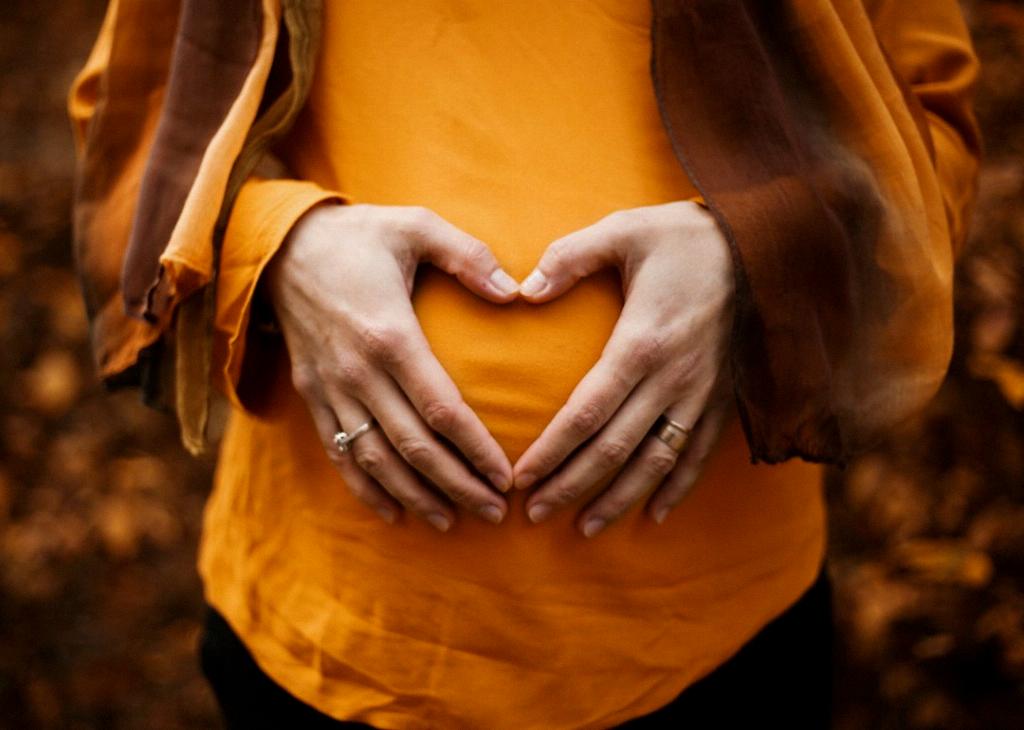Spider veins can be a common concern for many women during pregnancy, particularly in the early stages. These small, web-like veins can appear on various parts of the body, such as the face, neck, arms, belly, and legs. While they may cause some concern, it’s important to understand the underlying factors that can contribute to their development.
During early pregnancy, hormonal changes play a significant role in the development of spider veins. The increased production of hormones like estrogen and progesterone can dilate blood vessels, leading to the appearance of these tiny veins close to the skin’s surface. Additionally, the pressure exerted by the growing uterus on the pelvic blood vessels can also contribute to the development of spider veins.
It is essential to note that while spider veins can be more prevalent during early pregnancy, they are typically not a cause for alarm. In most cases, these veins tend to fade away on their own after the baby is born. However, if the spider veins persist or cause discomfort, it is advisable to consult with a healthcare provider for further evaluation and management.
Although commonly associated with pregnancy, spider veins can also be influenced by genetic predisposition. If you have a family history of varicose veins or spider veins, you may be more prone to developing them during pregnancy. Taking preventive measures, such as regular exercise, elevating your legs when possible, and wearing compression stockings, can help alleviate symptoms and reduce the risk of developing spider veins.
Proper skincare during pregnancy can also play a role in managing spider veins. Keeping the skin hydrated and using gentle skincare products can help maintain skin elasticity and promote healthy circulation. Avoiding prolonged periods of standing or sitting in one position can also help reduce the risk of developing spider veins.
While spider veins during early pregnancy are typically harmless and resolve on their own, it is essential to differentiate them from varicose veins, which can present more significant health concerns. Varicose veins are larger, swollen blood vessels that may cause discomfort or pain. If you experience symptoms such as swelling, discomfort, or skin changes, it is important to seek medical advice promptly.
In conclusion, spider veins can indeed be a common occurrence during early pregnancy, primarily due to hormonal changes and increased pressure on blood vessels. While these veins may be a cosmetic concern for some individuals, they often fade away naturally postpartum. By adopting healthy lifestyle choices and seeking medical guidance when necessary, you can effectively manage spider veins and ensure a smooth pregnancy journey.

